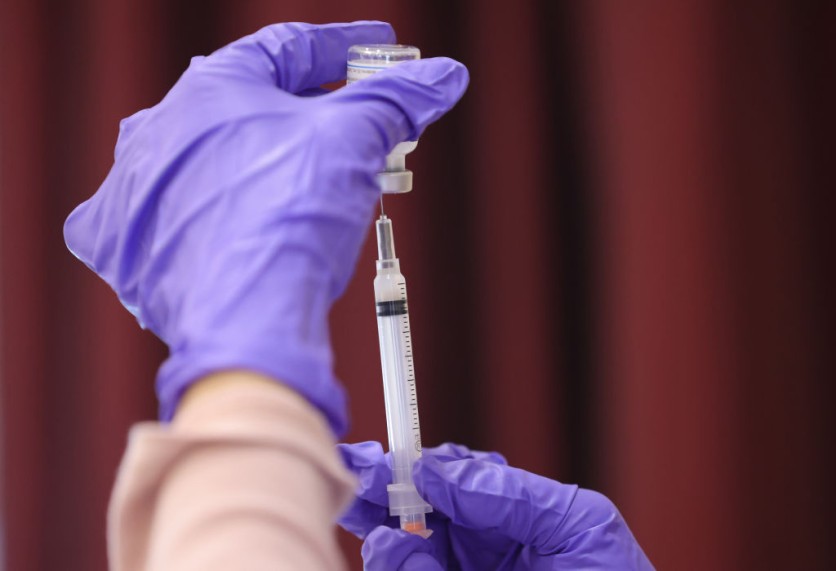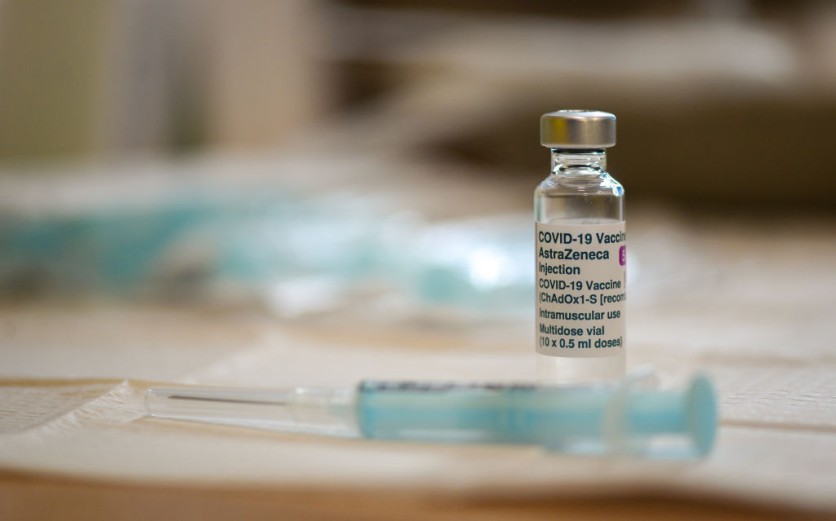mRNAs or Messenger RNAs are now the next big thing in the medical field, especially with its breakthrough of being an effective component in the fight against COVID-19 and helping people be safe against the virus. Pharmaceutical companies like Pfizer & BioNTech and Moderna were highly regarded for their efforts, with the next step looking into vaccines against HIV, cancers, and more.

The world has evolved and improved dramatically over the years, especially as it has contained and has been working for more than a year now to stop the pandemic, initially feared to be years long. Before this, pandemics have been observed for more than three years (even more), as technology was not that advanced before.
However, the world's advancements and evolution in terms of health and biotechnology have proven that we can surpass a pandemic, and this is because of the experimental drug component known as the mRNA. After COVID-19, the next steps are what organizations and pharmaceutical companies are thinking of, especially with creating vaccines against diseases with no cure.
mRNA for Vaccine Development of Uncurable Diseases

Before the pandemic, scientists or health experts have been dealing with deadly diseases like the Human Immunodeficiency Virus (HIV) that may lead to AIDS, also that of Cancer. However, it was not originally thought that this virus would soon have vaccines to fight against them, not until the experimental component known as the messenger ribonucleic acids or mRNA.
COVID-19 made mRNAs possible, especially as the race to procure a vaccine and end the pandemic has filled people and the big pharma's minds, not knowing that this breakthrough may lead to further applications.
According to the CDC, mRNAs have the highest efficacy rates among all COVID-19 vaccines, particularly higher than those using the traditional Adenovirus like AstraZeneca and Johnson's. They are considered to be the "new type" of components for the vaccine, which bases mostly on a "cookbook recipe" of the virus (says CNN), which has a lasting effect on the body.
Now, the massive pharmaceutical companies may have been focusing their efforts on a booster shot against COVID-19, but also part of their ventures (among the others), is the focus on other underlying health concerns.
Do mRNA Vaccines have Side Effects?
Underlying because COVID-19 stole the spotlight last 2020 and for this year, but it is not necessarily less important compared to the pandemic. Cancer, HIV, deadly diseases which babies may catch are as much important as COVID-19 is, especially now that the pandemic is expected to end, and priorities would shift perspective already.
Despite the many advantages mRNA has, it may or may not bring side effects, and while this is a "hit or miss" among recipients, it is something that pharmaceutical companies should watch out for.
Related Article : COVID-19 Vaccine Boosters Needed as Early as September with Pfizer. Moderna CEO Aims to Deliver By Year's End
This article is owned by Tech Times
Written by Isaiah Richard
![Apple Watch Series 10 [GPS 42mm]](https://d.techtimes.com/en/full/453899/apple-watch-series-10-gps-42mm.jpg?w=184&h=103&f=9fb3c2ea2db928c663d1d2eadbcb3e52)



